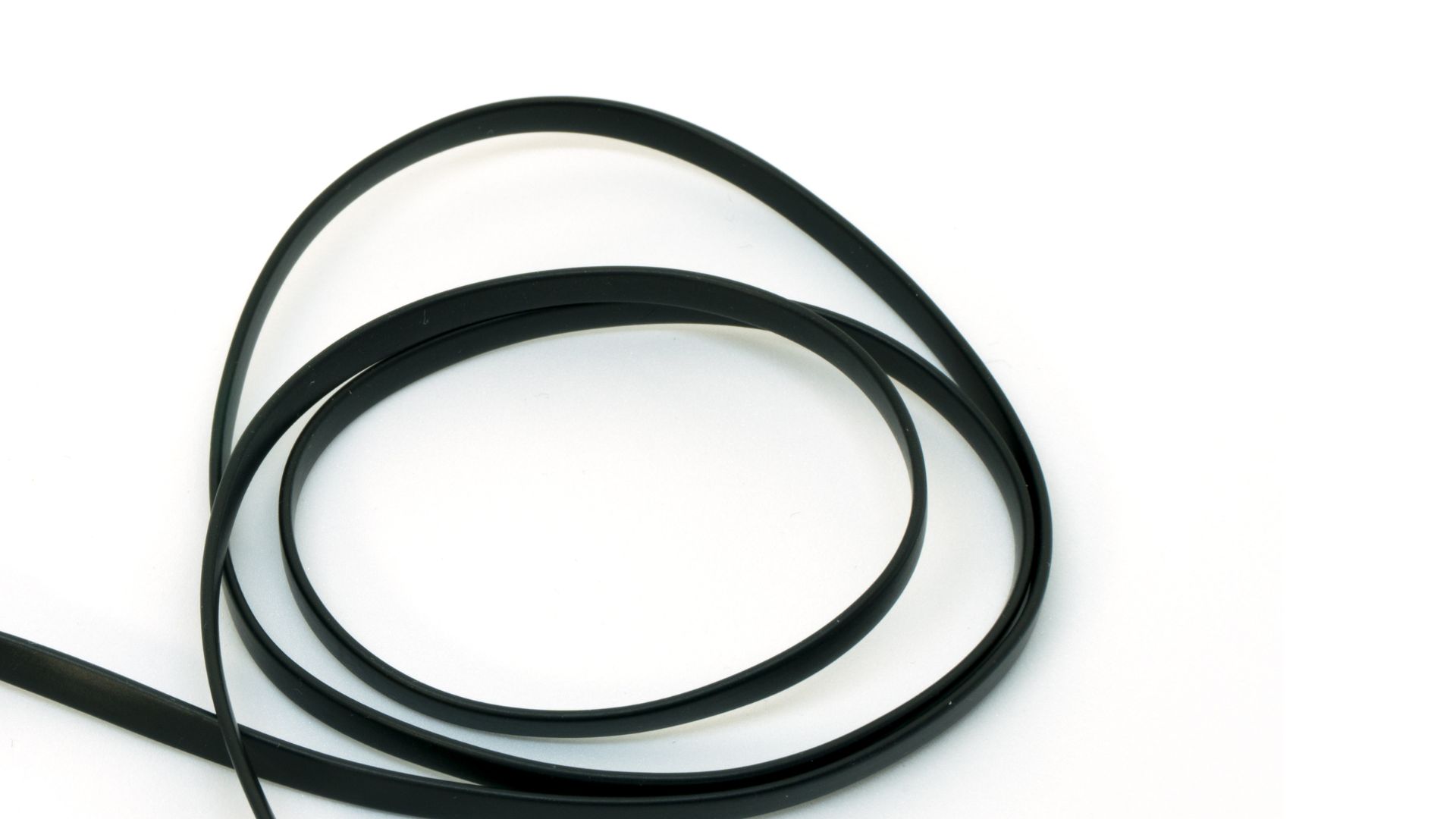Contractors use 1.5mm wiring to operate domestic lighting circuits.
Can I Use A 2000W Load With A 1.5MM Wire?
Considering 240V & 20A, 1.5mm cables can handle up to 4800 Watts. Meaning that it can use a 2000W load. However, you have to expect the environment to influence the cable’s current carrying capacity.
| Method | Amp | Volt | Load |
| 1 | 10 | 120V | 1200W |
| 2 | 13 | 120V | 1560W |
| 3 | 14.5 | 120V | 1740W |
| 4 | 16 | 120V | 1920W |
| 5 | 16 | 120V | 1920W |
| 6 | 16.5 | 120V | 1980W |
| 7 | 20 | 120V | 2400W |
| Method | Amp | Volt | Load |
| 1 | 10 | 220V | 2200W |
| 2 | 13 | 220V | 2860W |
| 3 | 14.5 | 220V | 3190W |
| 4 | 16 | 220V | 3520W |
| 5 | 16 | 220V | 3520W |
| 6 | 16.5 | 220V | 3630W |
| 7 | 20 | 220V | 4400W |
Note:
1 – Stud Wall. Thermal insulation. The cable doesn’t touch the inner wall.
2 – Covered by thermal insulation (thickness exceeds 100mm) behind a plasterboard ceiling
3 – In conduit behind an insulated wall
4 – Covered by thermal insulation behind a plasterboard ceiling
5 – In a stud wall. Thermal insulation
6 – Enclosed in conduit
7 – Clipped direct
This shows you that you cannot determine the suitability of 1.5mm wire by simply looking at the load. You need to know the voltage. Contractors calculate the wattage by multiplying the voltage by the amperage.
For instance,
Amp = 15A
Volt = 240V
Watt = 15 * 240 = 3600W
Understanding that 1.5mm2 wire can carry 3600 is vital for individuals with a 2000W load. To determine whether or not 1.5mm2 is suitable for a 2000W load, you have to compare the load with the maximum current carrying capacity of 1.5mm conductors at 240V.
Now that you know that 1.5mm2 wiring can withstand 3600W, you can confidently attach the cables to a 2000W load because the load falls within the capacity of these conductors.
You cannot say the same thing about a 120V system. At 120V, a 1.5mm2 wire can accommodate 1800W, which is less than the 2000 watts of the load you want to use.
You don’t want to force 1.5mm2 wiring to carry more electricity than its rating permits. People forget that 1.5mm is not particularly thick. Contractors use these wires in lighting systems for a reason. It won’t take much to overwhelm the conductors.
Related Post:
- 1.5mm Cable Amp Rating
- 2.5 mm Electrical Cable Amp Rating
- 10mm Cable Amps Rating Explained
- How Many Amps Can 6mm Cable Carry? (With Examples)
How Do I Know If 2000W Is Suitable With 1.5mm Wire?
If you know the amp rating and voltage, you can calculate the wattage. Therefore, you can determine the suitability of a 1.5mm wire by calculating the wattage and comparing the figure to the 2000W load. If the cable can withstand more than 2000W, you can pair it with a 2000W load. But if the conductor’s wattage is 2000 watts or less, you need a thicker cable.
Some tables on the internet make things even easier by showing the wire size and corresponding wattage. Therefore, you can determine the suitability of the wire size by simply looking at the relevant row.
But if you consult a professional, they will tell you that you cannot make any decisions without taking the following factors into account:
1). Check The Cable Length
I want you to appreciate the important role the length plays. If you increase the length, the same thing will happen to the resistance. You don’t want the resistance to increase.
The term describes the opposition the current encounters as it passes through a conductor. As you might expect, a high resistance is bad because it elevates the amount of heat the wire will generate.
This, in turn, affects the loads you can use. For instance, 1.5mm wiring can accommodate 3600W at 240V. But you cannot attach a 3600W load to 1.5mm conductors if the cable is too long.
You have to reduce the load to prevent the wires from overheating. The rating of the conductors hasn’t changed. It can still carry 3600W. But transmitting that much current would destroy the wire because of the length. You have to find a load with a lower wattage.
2). Voltage Drop Shouldn’t Exceed 3%
The length has a direct impact on the voltage drop. RES Supply has an equation showing consumers how to calculate the voltage drop. They also have a table that shows the wire size, voltage drop index, and ampacity.
The voltage drop occurs because of the resistance. A significant voltage drop can interfere with the operations of the devices attached to the 1.5mm wire because they can’t get the electricity they need.
Therefore, before you connect a 2000W load to 1.5mm wiring, make sure the voltage drop is reasonable. It shouldn’t exceed 3 percent.
4). Armored Cable Vs Ordinary Cable
What type of 1.5mm cable do you have on hand? You can use SWA armored cables, which you can find in underground installations.
Armored cable is more expensive because it is stronger and more durable. It also carries more electricity. Therefore, 1.5mm SWA armored cable may withstand 2000 watts where ordinary 1.5mm wire may fail.
5). Aluminum V s Copper
Copper is more conductive than aluminum. Therefore, 1.5mm copper wiring is more likely to accommodate a 2000W load than 1.5mm aluminum cabling.

